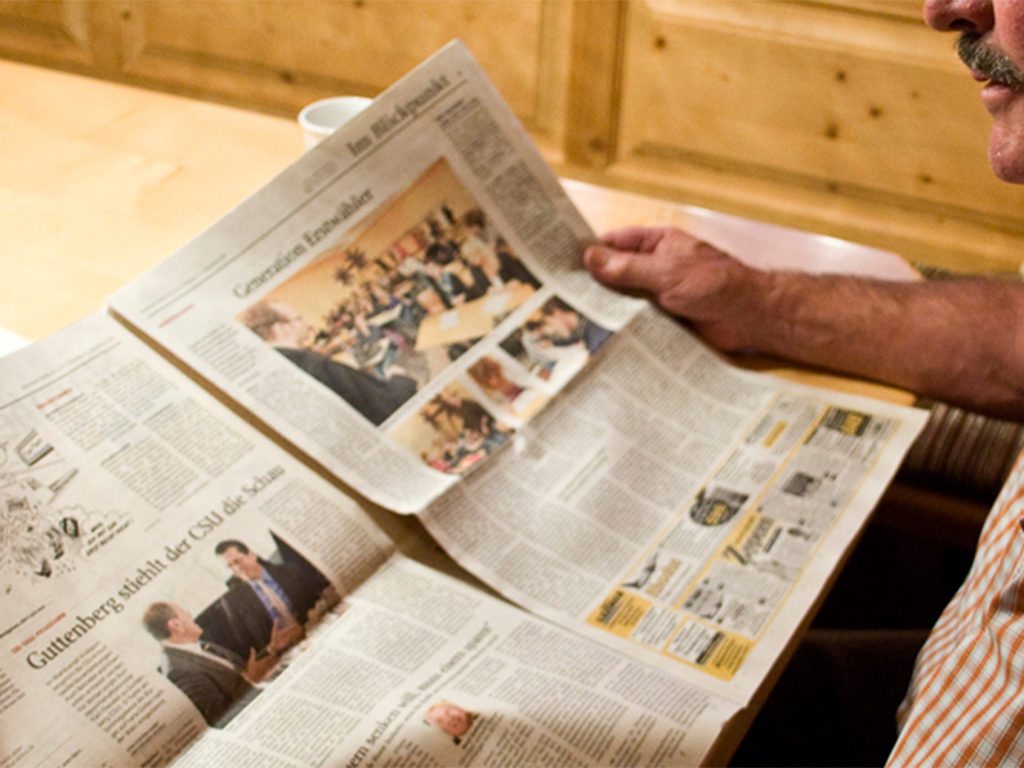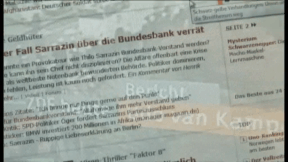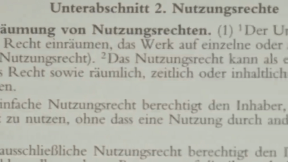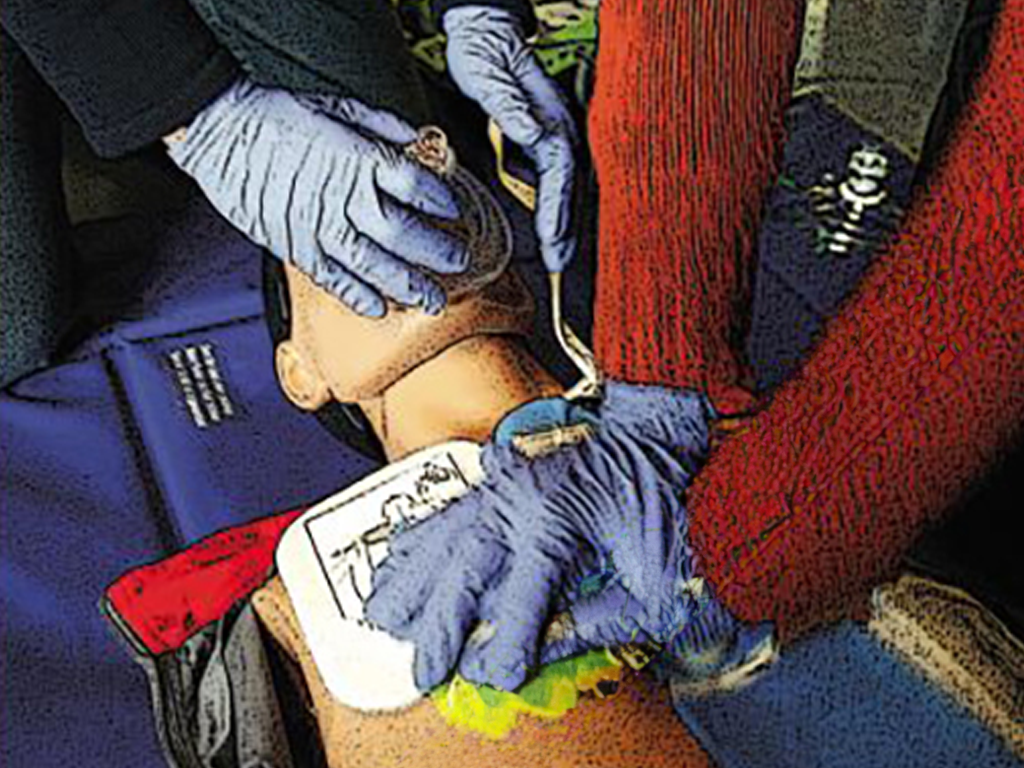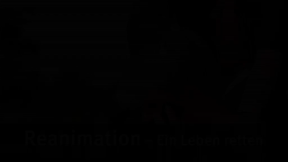 History
History
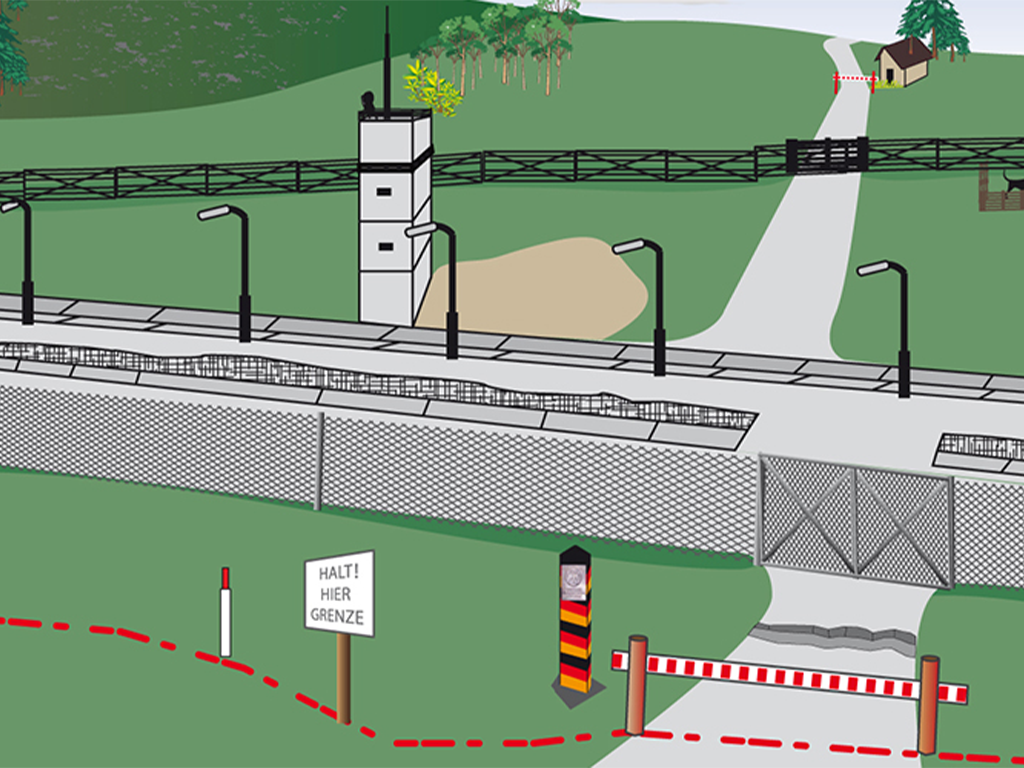

4658320 / 5551740
The Border
An Inter-German Conflict Zone
The DVD helps students, who have no first-hand recollection of the partition of Germany, to approach this problem. The film illustrates the historical development of the inner- German border from 1945 to 1989. The example of Point Alpha also sheds some light on the Cold War – not without reason, the camp has been considered the „hottest spot of the Cold War“. Photos of the German Border Police, pictures from the exhibitions at the memorial Point Alpha near Fulda and the „house at the border“ create a vivid impression of the partition of Germany. Ninth-form students interviewed contemporary witnesses for the film: one of the American commanders at Camp Point Alpha (Steven Steininger), the former mayor of Fulda (Dr. Wolfgang Hamberger) and two border guards of the West German Border Police, Erwin Ritter and Gerd Leinert. Bertold Dücker describes his escape across the border. After the almost complete dismantling of the border installations, only few remains of the former border can still be seen today. The film provides background material and points out Running Time: 22:29 ms how important it is to visit the memorial.
Play trailer
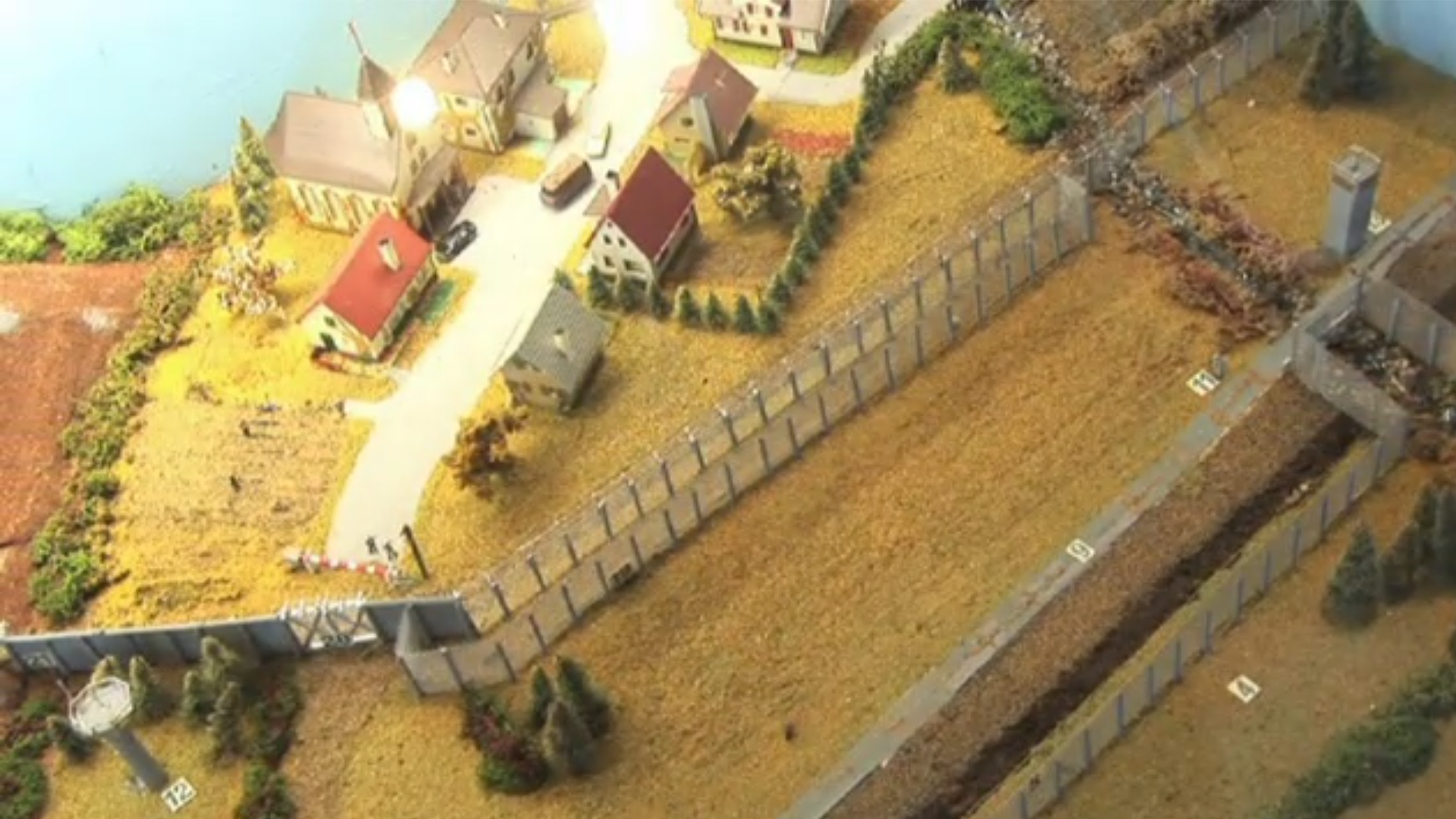
Curriculum-centred and oriented towards educational standards
Matching
The Daily Newspaper
Every day, there is a surge of news reaching us via different news channels. In spite of TV and Internet, the daily paper still is one of the most important main sources of news. But how is a newspaper created? The film shows the production of a paper in the course of one day. Starting with the editorial meeting in the morning, in which the topics and deadlines are determined, the film accompanies a journalist during her research work. You can see how a journalistic interview is conducted and what the photographer must consider when taking a press photo. Back in the editorial office, the editor’s work is illustrated, which includes the page layout and the writing of an online article in today’s time. Impressive pictures from the printing centre depict the process from the digital page to the finished newspaper. Together with the comprehensive accompanying material, the DVD is perfectly suited for use at school
Copyright
Copyright is subject to constant change to keep up with technological advances. This film enables the viewer to grasp the basic principles of this extremely intricate matter. By way of introduction, the film defines what an author is, what kinds of works there are and how long a work is protected on principle. Then the fundamental rights of an author are cited and it is shown how these are exploited in our times. In the third chapter, the respective rights are illustrated by way of practice-oriented examples of books, photos, music and films. Here, of course, an emphasis is laid on the field of education, taking into account the latest case law within the EU and Austria in particular. A further chapter highlights the problems arising with the Internet and goes into the citation law and pirate copies. All in all, in this way the viewer is made familiar with the most important basic terms and their meanings. Comprehensive worksheets and additional accompanying material invite us to deepen our knowledge of the subject.




